Madagascar has lost around half or possibly far more of its original forests and as much as half of the live coral off its coasts, resulting in the decline of nearly all lemur species, which are threatened with extinction, along with half of the country's chameleons and several species of tenrecs. The island nation, home to lemurs, chameleons, and other animals found nowhere else on Earth, is facing an unprecedented crisis as its unique biodiversity continues to vanish.
According to conservationists, the situation in Madagascar is dire. "The loss of forests and coral reefs has had a devastating impact on the island's ecosystem," said Dr. Maria Rodriguez, a leading expert on Madagascar's biodiversity. "We're seeing a significant decline in lemur populations, and it's not just one or two species that are affected – it's almost all of them." Dr. Rodriguez emphasized that the situation is not just a local issue, but a global concern. "Madagascar's unique wildlife is a treasure trove of evolutionary history, and its loss would be a tragedy for the entire planet."
Madagascar's unique biodiversity is a result of its geographical isolation, which has allowed its wildlife to evolve independently for millions of years. The island is home to a staggering array of species, including lemurs, which are found nowhere else on Earth, as well as almost half of the world's chameleon species and most of its iconic baobab trees. However, the country's rapid deforestation and coral reef destruction have taken a devastating toll on its ecosystem.
The decline of Madagascar's wildlife has significant implications for the country's economy and culture. "Madagascar's biodiversity is a major tourist draw, and the loss of its unique wildlife would have a devastating impact on the country's economy," said Dr. John Taylor, a leading economist on sustainable development. "But it's not just about the economy – it's also about the cultural significance of Madagascar's wildlife. The island's unique animals are an integral part of its identity and heritage."
Conservation efforts are underway to protect Madagascar's remaining forests and coral reefs, but experts say it's a daunting task. "We need to put people first and prioritize their needs and livelihoods," said Dr. Rodriguez. "This means supporting sustainable agriculture and forestry practices, as well as providing alternative livelihoods for communities that depend on the forest for their income." Dr. Taylor added that international cooperation and support are crucial to addressing the crisis in Madagascar. "We need to work together to protect Madagascar's biodiversity and ensure that its unique wildlife continues to thrive for generations to come."
The situation in Madagascar is a stark reminder of the urgent need for global action to protect the world's most vulnerable ecosystems. As Dr. Rodriguez noted, "The loss of Madagascar's unique wildlife would be a tragedy not just for the island, but for the entire planet."
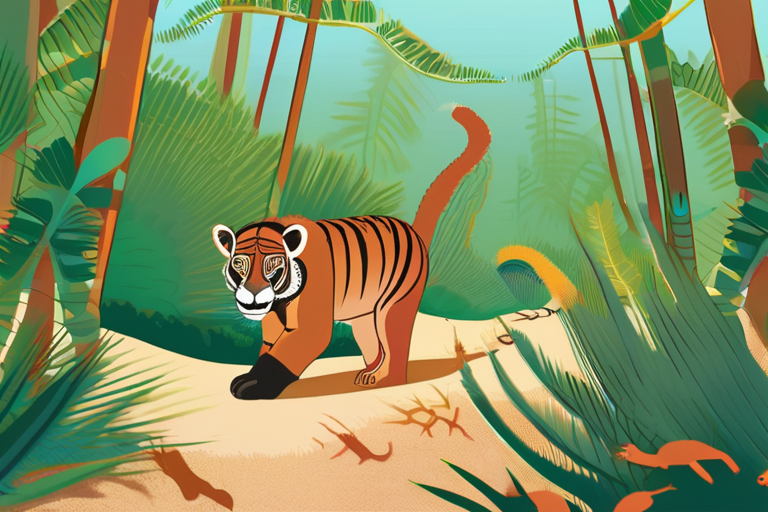


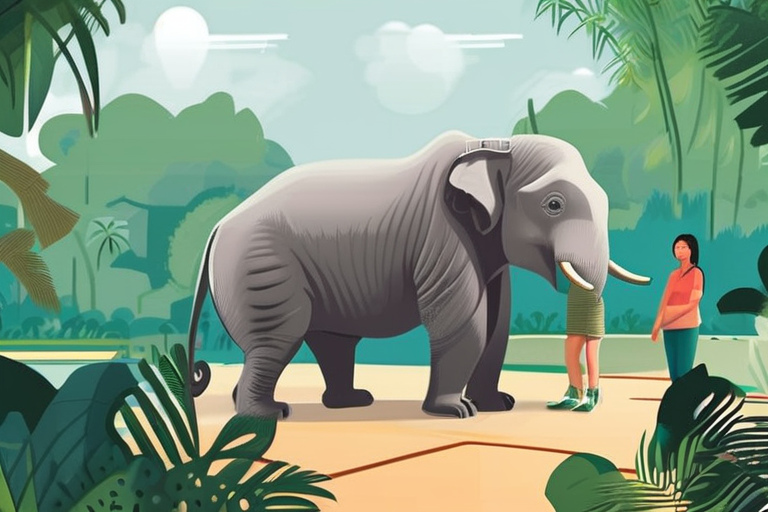

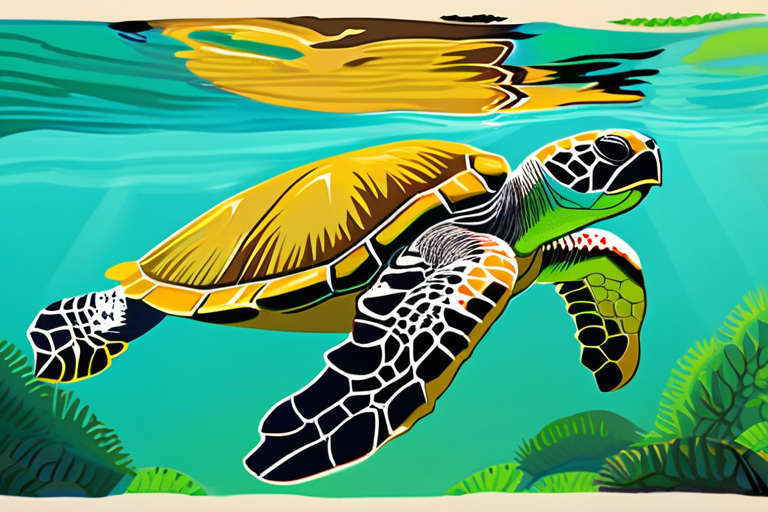



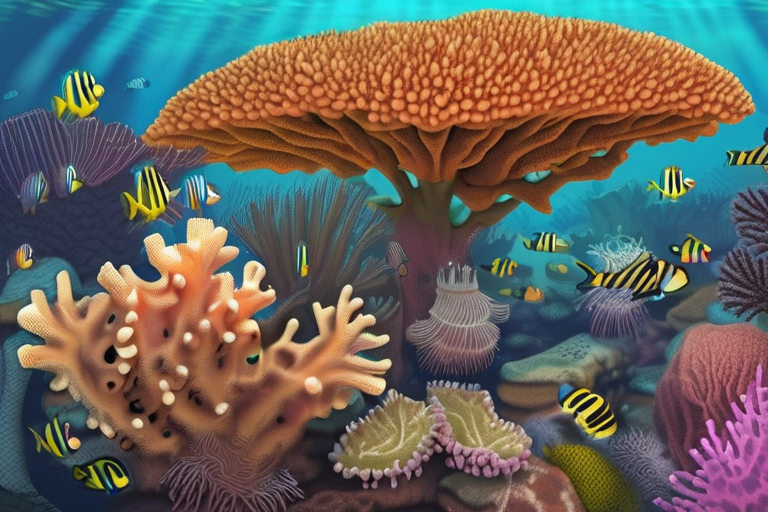
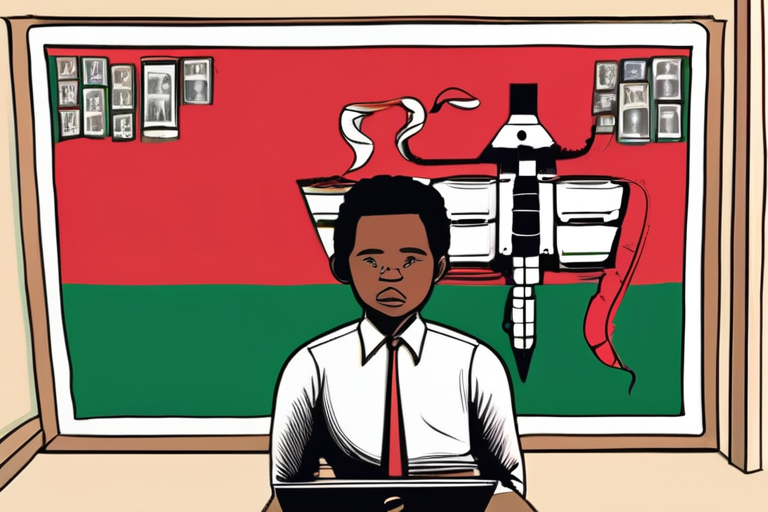

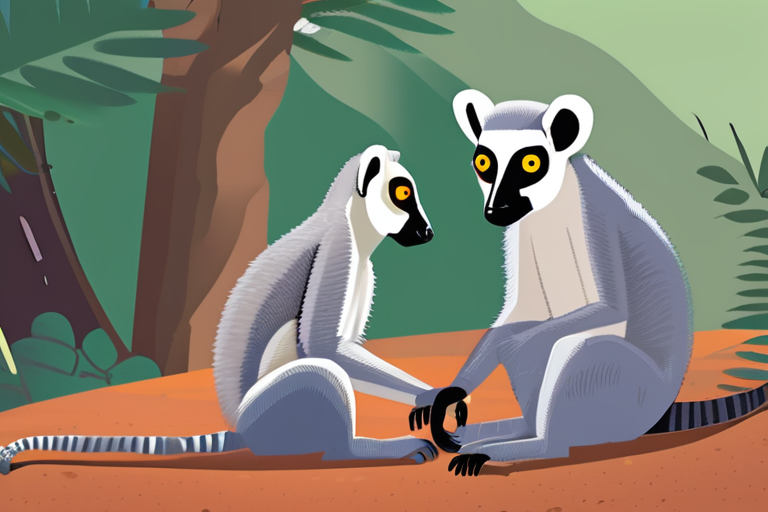
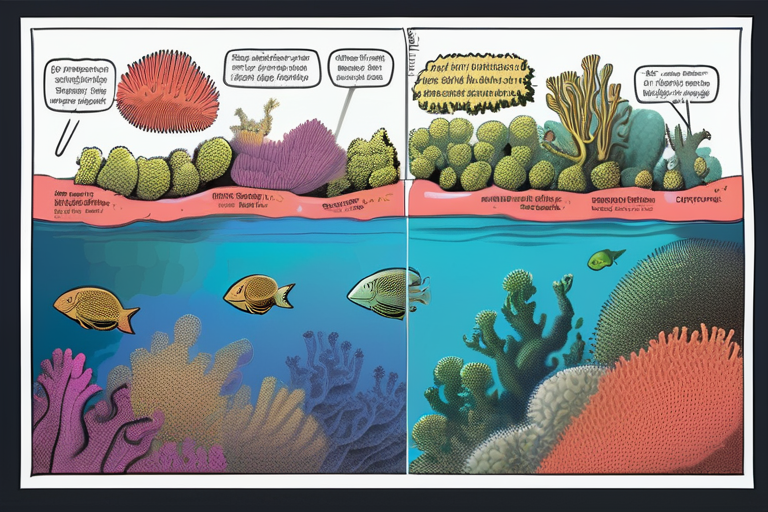
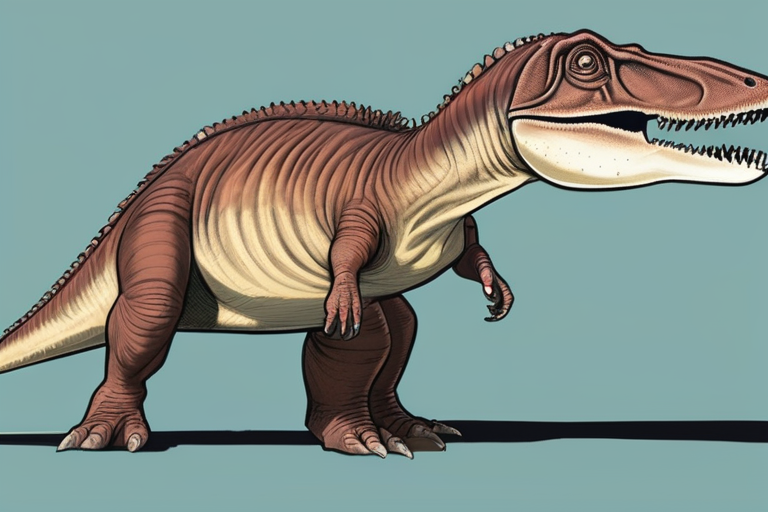
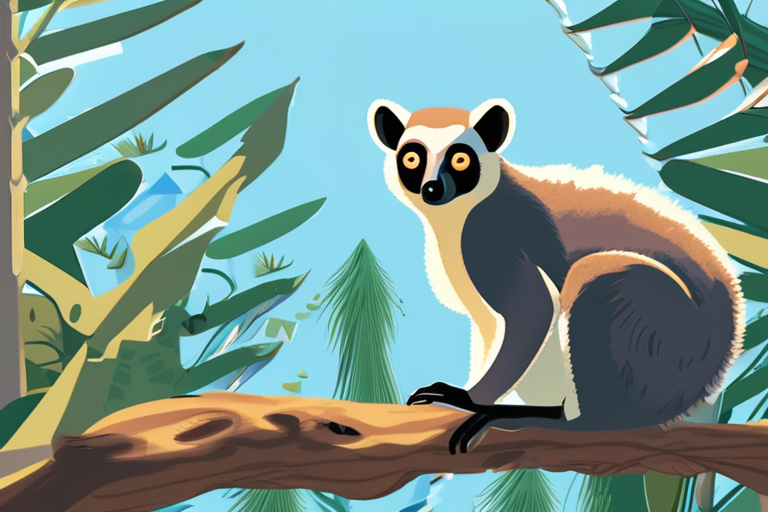
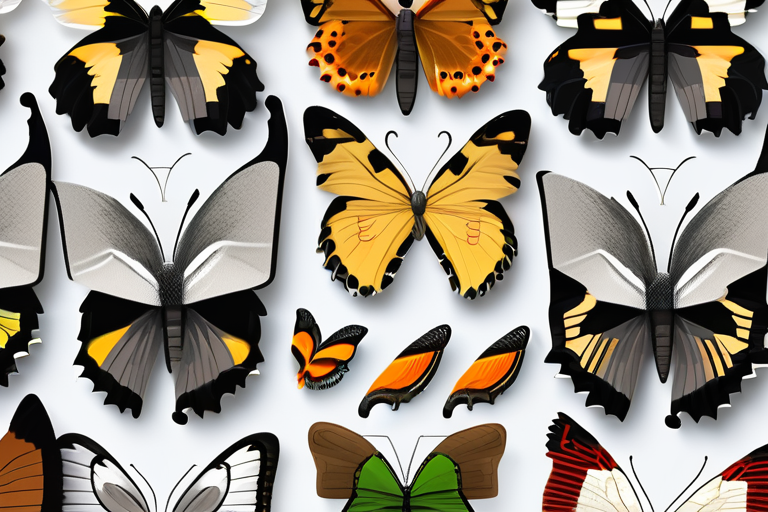
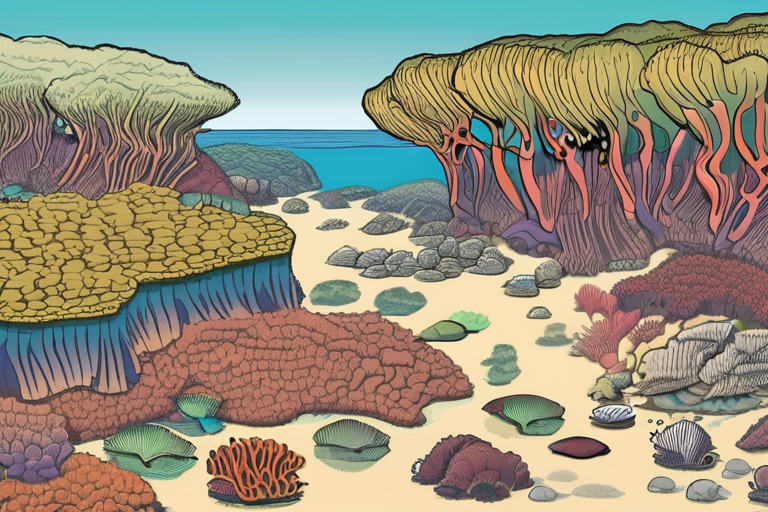
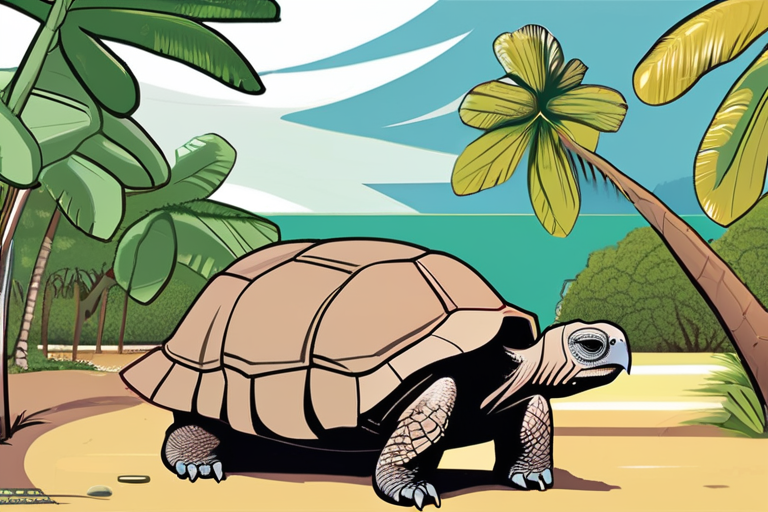



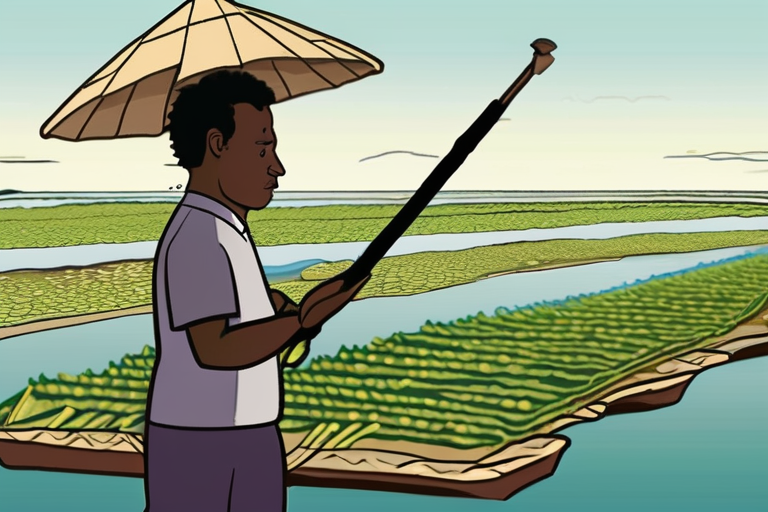
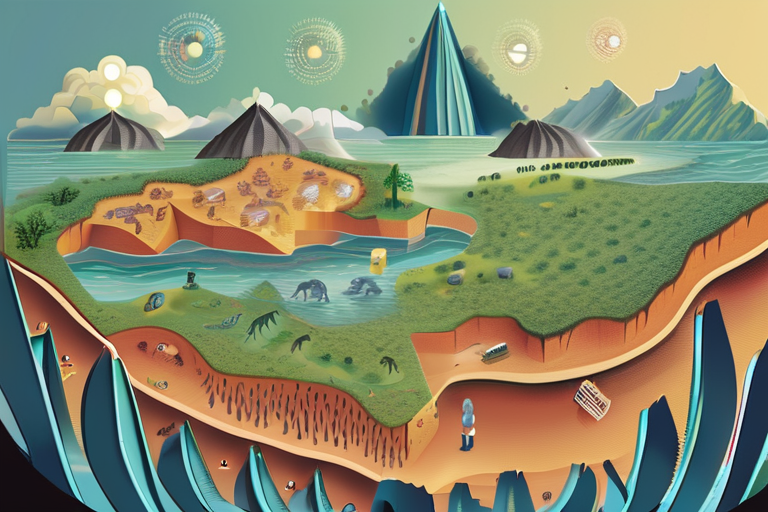
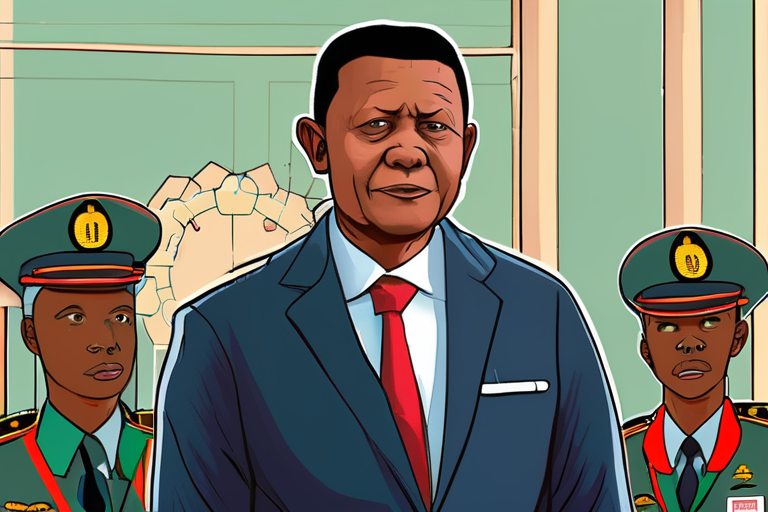
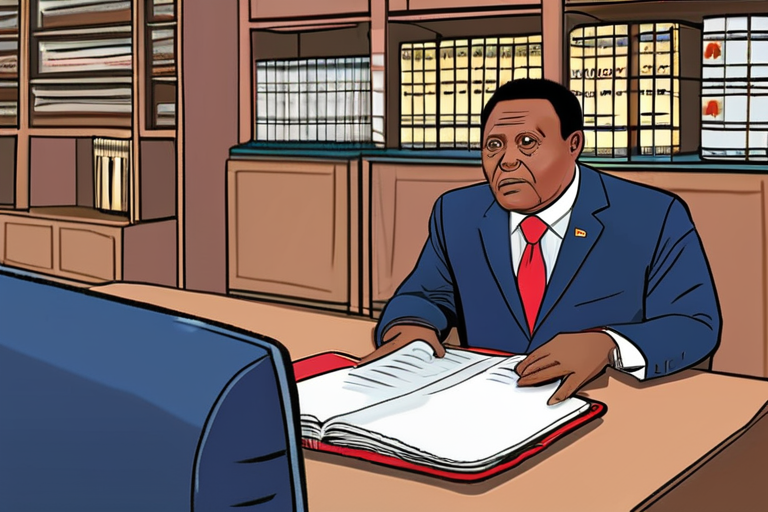
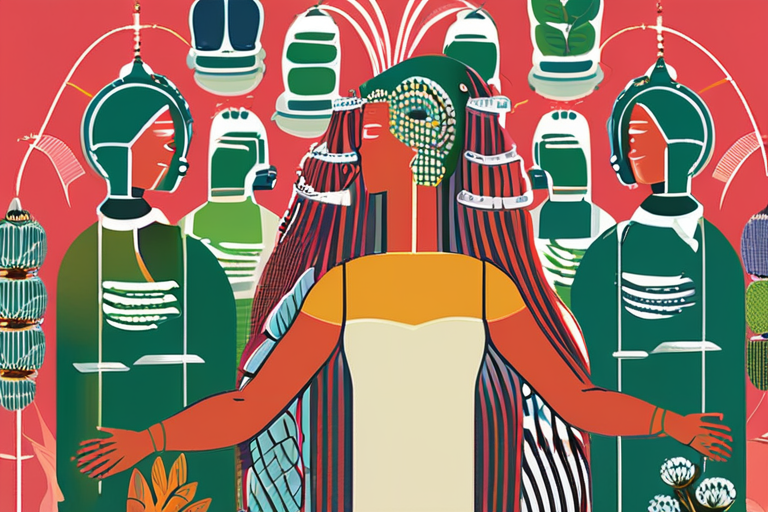
Share & Engage Share
Share this article